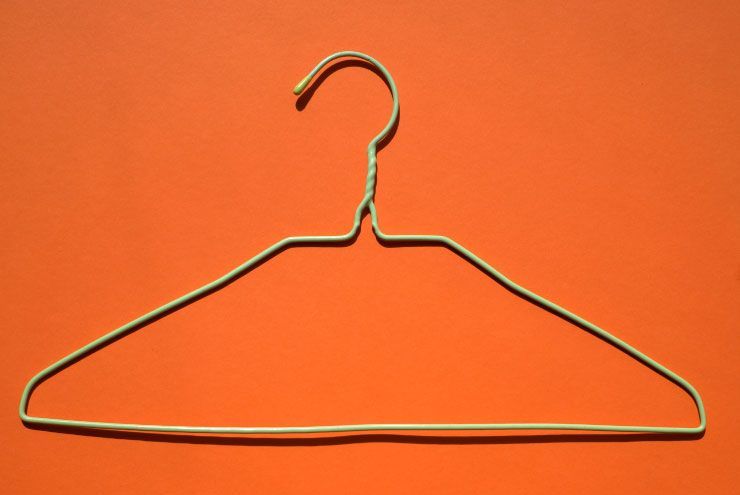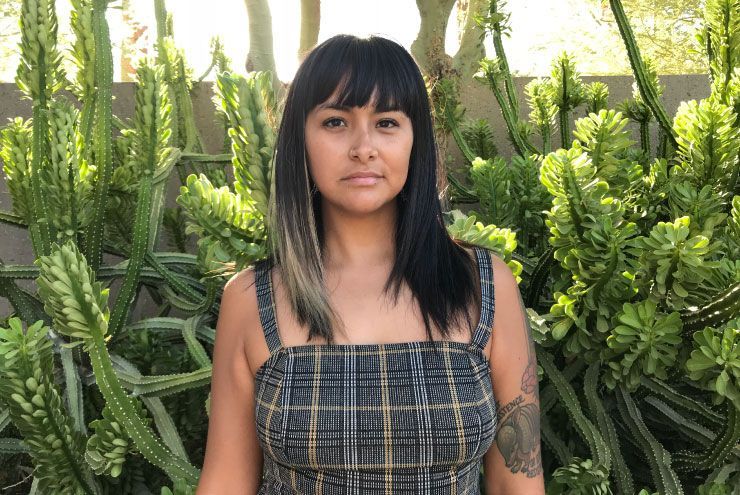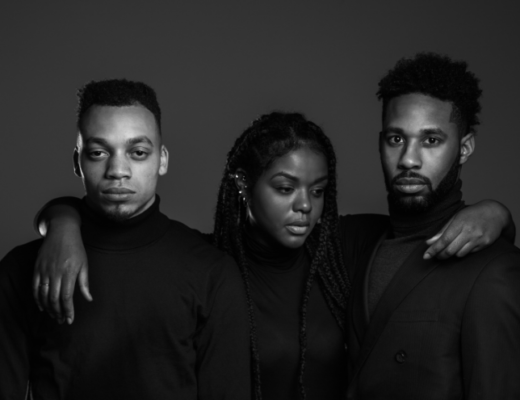By Dr. Laura McGuire
When I first came out, I had a realization that both excited and perplexed me—I could wear anything I wanted. No longer having to appeal to the male gaze, I was free to be aesthetically pleasing to a whole new audience. This is a common experience for queer people who have just come out; they realize for the first time that, because their sexuality is now beyond the normative social constructs, so are their hair and clothing choices.
As liberating as this can be, it can also be incredibly stressful. Many times, we think we are now obligated to dress in a way the world around us reads as “queer,” even if it feels performative. Should I now have an asymmetrical haircut and a wardrobe full of flannel? Should I add something rainbow to every outfit so that girls catch my drift when I ask to buy them a drink? (Personally, I went with getting a double Venus tattoo on my wrist.) And what if I still love feminine things? How do I know what my authentic aesthetic is anyway? Do I actually like crinolines or has society just imprinted that onto my psyche? How will I ever know?!
No matter what we choose to wear as queer people, we automatically take on extra emotional labor. First, there is the labor of visibility. I feel this especially when I walk next to a woman who presents more masculine of center than I do. Because of her, I know that I too am more visible and become hyper vigilant of our surroundings and the eyes glaring at us as we walk down the street. I automatically feel protective of the person next to me, wanting to scream “Stop staring!,” and “Gender is a spectrum!,” and to silence the questions running through these onlookers’ minds.
I often wonder what it is like to never take your queerness off—to bravely face a world that says your visible masculinity or femininity is unacceptable, every single day. To walk into work, or church, or a coffee shop knowing that you are being read and analyzed by thousands of eyes. The strength of that act makes me love the butches and femme bois of the world all the more. I sometimes wonder if I reject my own masculinity purely out of fear. I already have so much anxiety—I just want to be liked and accepted by everyone I meet—how dare I give them another reason to reject me? Another reason not to hire me, to not let me sit by them, to not invite me to the Christmas party?
For those of us who do fit society’s gendered expectations of dress and presentation, we carry the burden of being invisible to our fellow queers. I see cute same-sex couples holding hands on the street and purposefully try to smile in a way that says, “Me! Yes, me over here! I’m like you! We are like each other! Want be friends? Please?” Or I think of creative ways to show my tattooed wrist, hoping they catch a glimpse of the symbol and immediately embrace me, if only in spirit.
It is only hair, makeup, a clean face, a piece of fabric draped over flesh, and yet, our fashion is the weight of the world on our shoulders. It is being told not to “dress like that” in front of your grandma or at your cousin’s wedding. It is entering a queer space and hoping you aren’t ostracized for looking like an “ally only.” It is a weight that can feel unbearable no matter which direction we are pulled. Always being too queer or not queer enough, decade after decade.
If I see you walking down the street, in your visibly queer glory, I promise I am smiling at you in hopes of acceptance. I will use my femme privilege to fight off glaring eyes and cruel words every chance I get. But please see me and know that I understand why both of our shoulders are bent forward, under the weight of a world that continues to get better but still rejects us. Let me carry that weight for you for awhile, and maybe you can carry mine.







